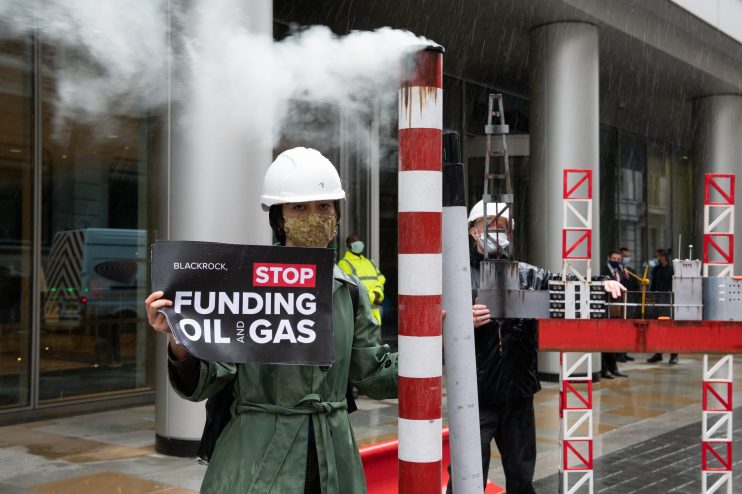B Corps: Can business really be kind?

“Business as a force for good” is the commercial equivalent of “speaking your truth”. A lightning rod phrase that divides and says much about the relationship between business and society.
This month is B Corps month, which has seen a host of companies seek to spotlight a different way for business. Less the binary profit and loss, more the idea that business can serve the public good and in so doing build better and more sustainable organisations as a result.
To sum up B Corps think of them as a 21st century version of food and Fair Trade – a recognised and verifiable commercial commitment spanning industries and sectors around a common attitude to do better.
Created in the US in 2007 it quickly established itself as a trust mark counting the likes of Ben & Jerry’s and Patagonia as its earliest members and today it’s a global network. An oft cited view is that business as usual is not an acceptable way forward for a troubled world. That old ways are broken and in fact worse, they are cruel.
Amy Williams the founder of the B-corp accredited Good-Loop believes that “kindness will always trump capitalism.” Citing the difference between blood donation in the UK where we donate blood and in the US where you get paid she pointed to a much a greater uptake here.
Outside of Britain’s board rooms you don’t have to travel far to get a sense of why this matters because of the shockingly low esteem in which business is held in some quarters.
Chairing a debate for global academics I was struck by the words of one who dismissed tech companies as “predatory” and whose “only focus” was the dollar. The conclusion being that they could not be trusted and needed to be compelled to be better.
But it’s in no way case closed. It may be more quietly contested but there are many in business who would dispute almost everything in this column thus far. They would say that woolly notions of societal obligations cannot compare with employment in good jobs and the contribution of taxes as the most positive and measurable manifestation of business doing its bit.
It’s the new take on Milton Friedman’s point that the “business of business is business” and that business can opt to be kind with the proceeds of its profits but not with good intention.
It is a debate that is largely conducted under cover because it finds itself unpopular but that doesn’t mean it isn’t going on and it is based on the belief that social factors are irrelevant to success.
It sees Legal & General’s Nigel Wilson portrayed as “the Marmite man” because of his passion for purpose. Or BlackRock’s Larry Fink accused of “Corporate socialism” because of his now legendary annual letter, which has not shied from reading the riot act to the companies in which it invests on issues including diversity and climate change.
Deep beneath the tectonic plates of global capital are elements of disquiet and disbelief that this is all a diversion at the expense of delivery. For the doubters the sum up is that ‘business as a force for good’ is a great title for a good stump speech but that you can’t scale global winners with it.
No surprise that it’s a view that is viscerally rejected by the B Corps companies who see themselves as the very definition of ambition and accountability. And what’s more the path finders for the future.
As we move from lockdown to the reopening of the economy the what comes next becomes intensely interesting. It brings with it a new R. Not a number but an objective. For the doubters it is the Return. How to get back to things as they were. For the believers it is the opportunity for business to Reset and Renew.
And to declare an interest my bet is on the latter. Because business as a force for good is a truth in which I can and do believe.